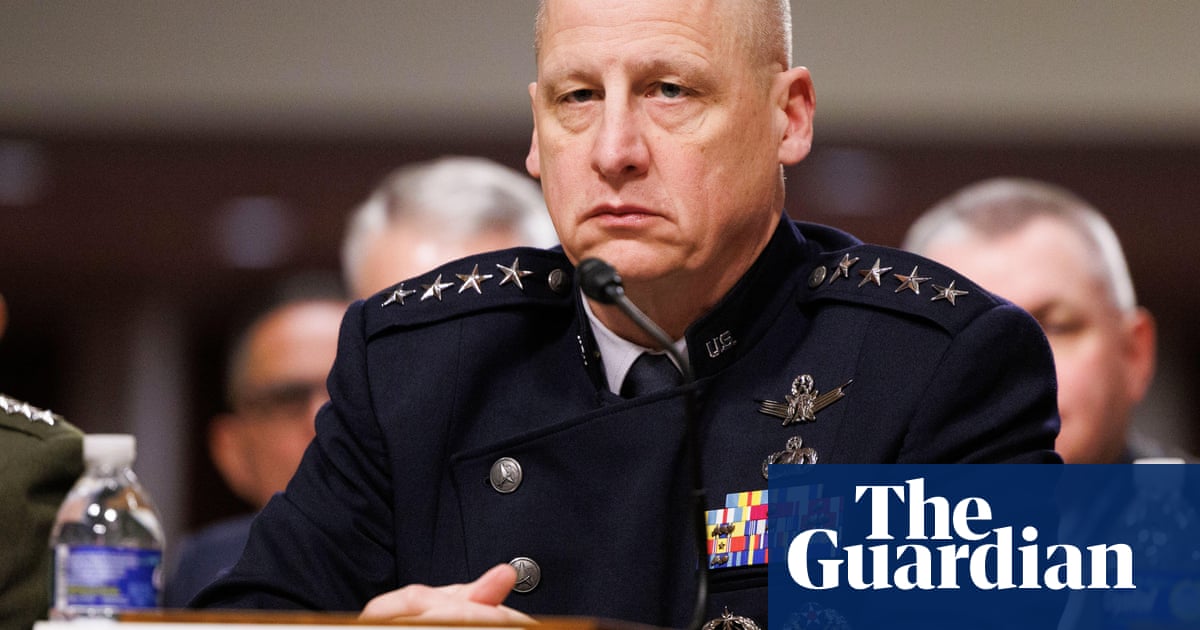Donald Trumpis expected to announce on Tuesday that he will appoint US space force Gen Michael Guetlein to oversee the “Golden Dome” missile defense project envisioned to protect the United States from possible foreign strikes, according to two people familiar with the matter.
The president was expected to discuss the project alongside the defense secretary,Pete Hegseth, at 3pm ET at the White House.
The move marks the first step that Trump has taken to start implement the project, which would broadly combine ground-based missile interceptors currently used by theUS militarywith more ambitious and hi-tech systems to build a space-based defense program.
The project is still being developed so precise details will be unclear until Trump decides how expansive it should be and whether it receives enough funding from Congress for it to be viable. The Pentagon has drawn up three tiers of options from small to medium to large.
The Pentagon has also told the White House that it would probably cost between $25bn and $35bn just to get started with the research and development over the next few years, the people said. The congressional budget office has estimated parts of the system could cost $831bn over the next two decades.
Trump choosing Guetlein, the vice-chief of space operations at the space force, to oversee the project means the elevation of a four-star general widely seen at the Pentagon to be competent and deeply experienced in missile defense systems and procurement.
The project is expected to end up largely as a partnership with major defense contractors, including Elon Musk’sSpaceX, given it has the capacity to manufacture rockets to launch military payloads into orbit and satellites that can deliver next generation surveillance and targeting tools.
It will also rely on companies that manufacture ordnance currently used by theUS military. The project’s baseline capabilities are set to depend on existing systems including the Thaad and Aegis Ashore systems made by Lockheed Martin and Patriot surface-to-air missiles made by Raytheon.
Sign up toThis Week in Trumpland
A deep dive into the policies, controversies and oddities surrounding the Trump administration
after newsletter promotion
Golden Dome came into existence as Trump believes that the US should have a missile defense program to track and kill missiles headed towards domestic US targets, possibly sent by China, Russia, North Korea or other strategic foreign adversaries, similar to Israel’s “Iron Dome” program.
Initially, the White House had named the options for a space-based missile defense system “Moonshot Plus” and “Moonshot Plus Plus”. They were later renamed by Hegseth to be called silver, gold and platinum-dome options based on the three tiers, two former Pentagon officials said.
